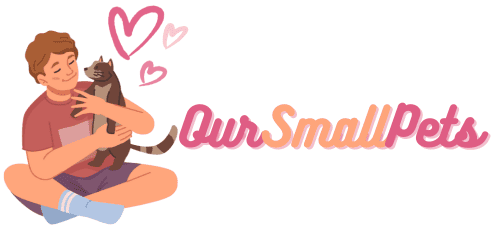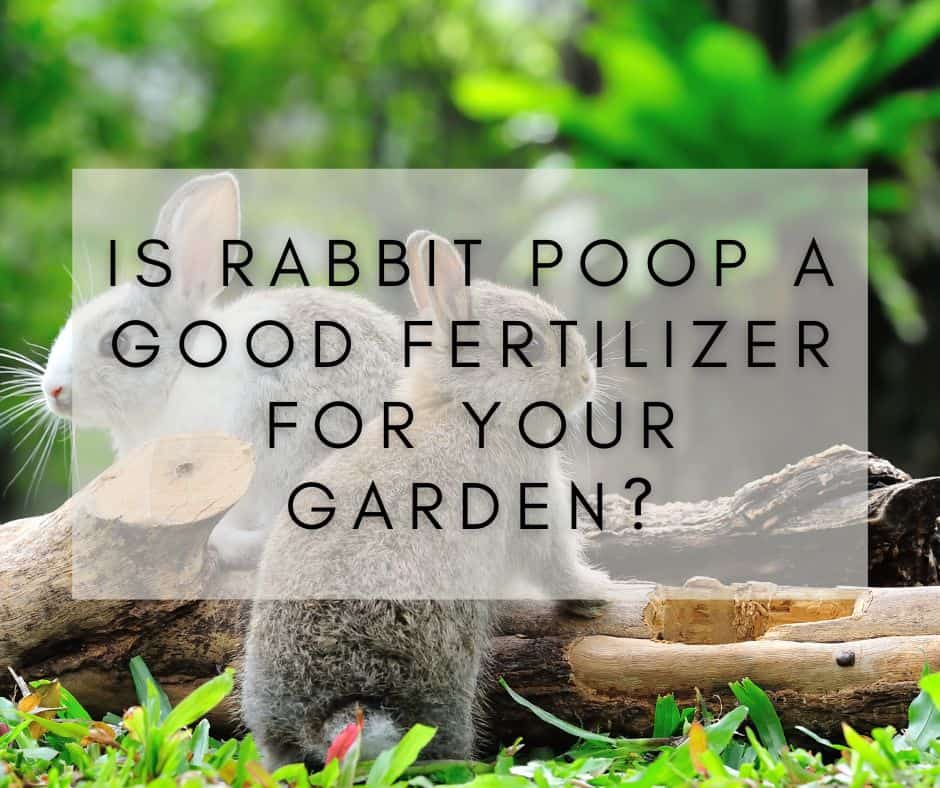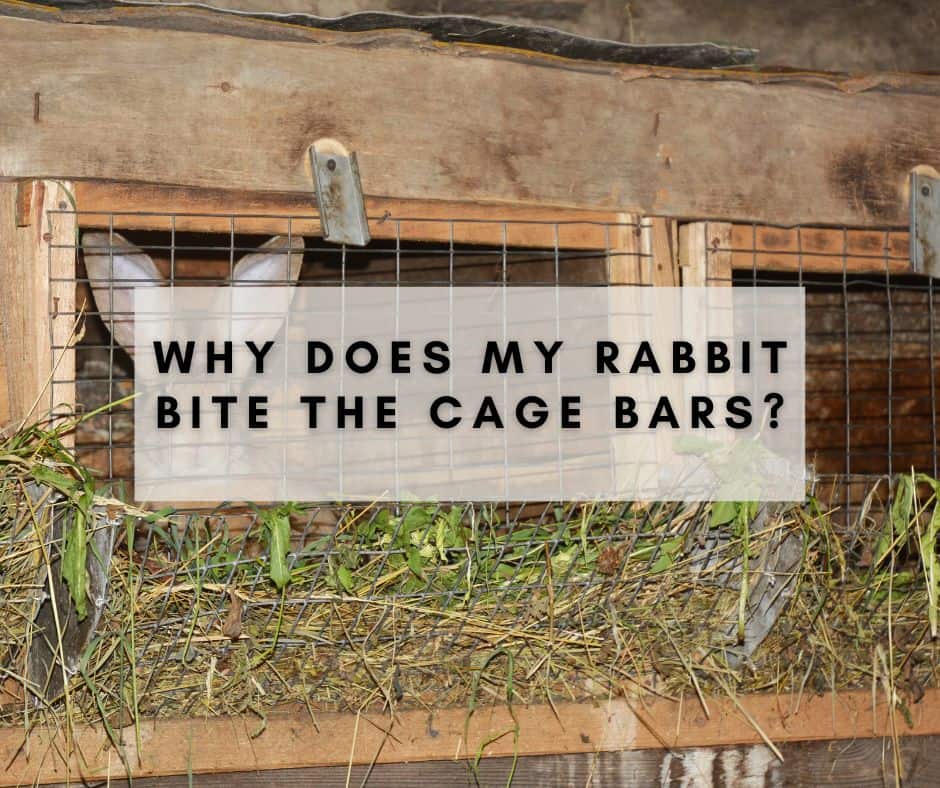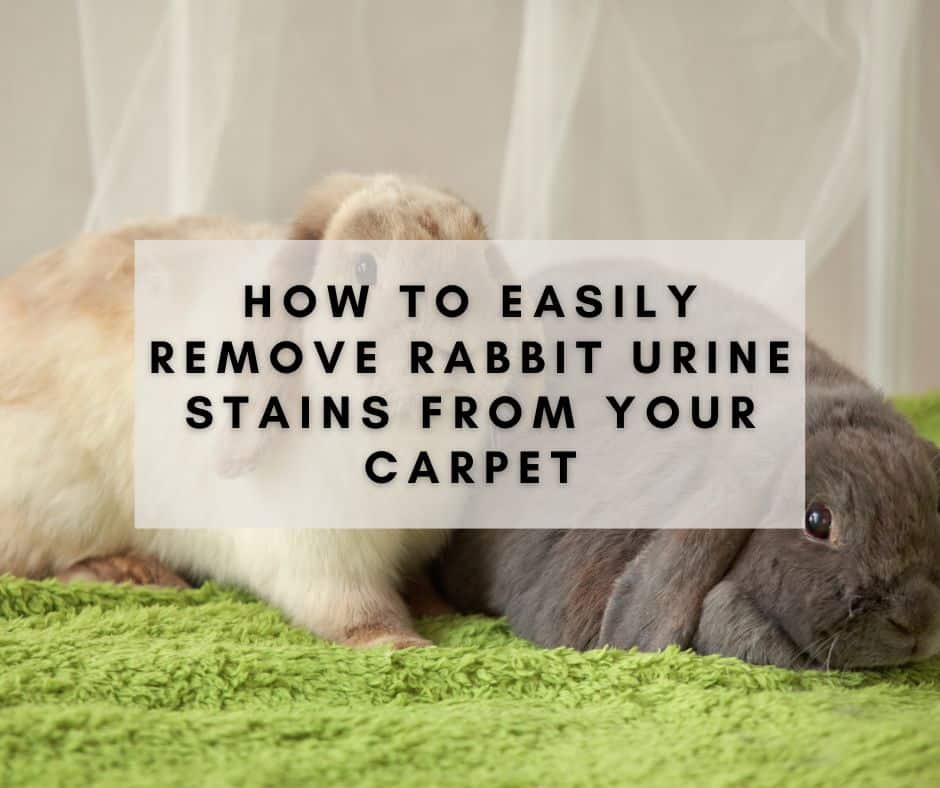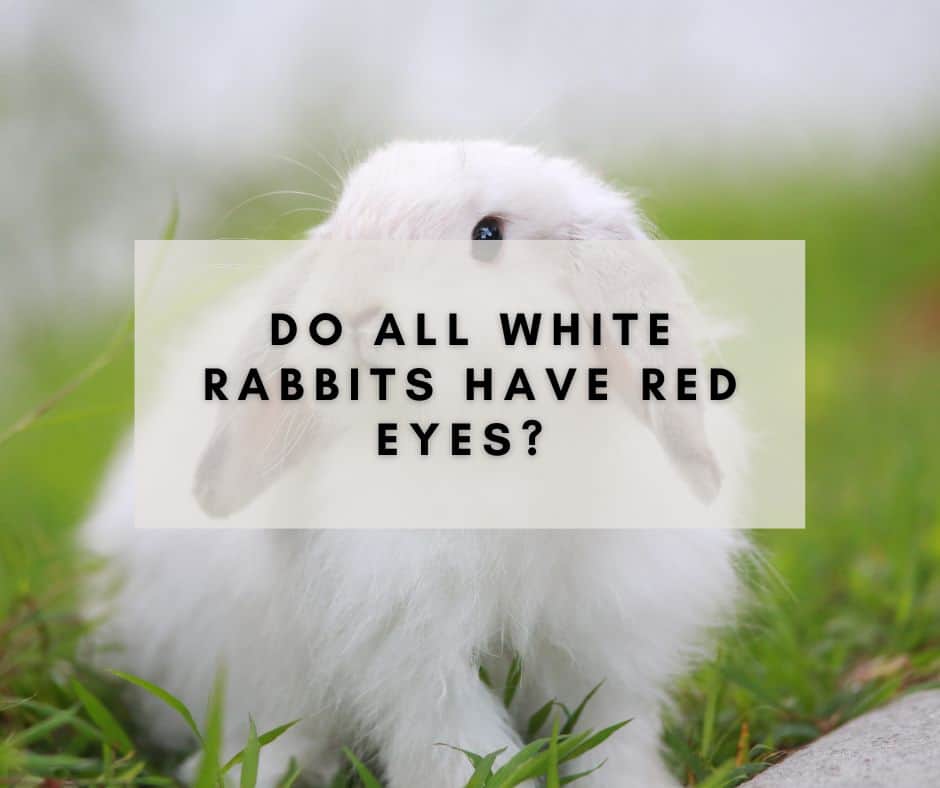Many gardeners and farmers wonder whether rabbit poop is good fertilizer for their plants. The answer is a resounding yes! Rabbit poop is a nutrient-rich fertilizer that can improve soil quality and promote healthy plant growth.
Rabbit poop is a popular choice among gardeners and farmers because it contains high levels of nitrogen, phosphorus, and potassium, which are essential nutrients for plant growth. It is also rich in micronutrients like calcium, magnesium, and zinc, which can help improve soil structure and fertility. In addition, rabbit poop is a natural and organic fertilizer, which means it is safe for the environment and does not contain harmful chemicals or additives.
Using rabbit poop as fertilizer can also help reduce waste and promote sustainability. Rabbits produce a lot of poop, and using it as fertilizer can help reduce the amount of waste that ends up in landfills. Additionally, using rabbit poop as fertilizer can help reduce the need for synthetic fertilizers, which can have negative impacts on the environment and human health.
Contents
What is Rabbit Poop?
Rabbit poop, also known as rabbit manure or bunny berries, is a type of organic fertilizer that is produced by rabbits. It is a dry, odorless, and pellet or ball-shaped waste product that is rich in nutrients and minerals that are essential for plant growth.
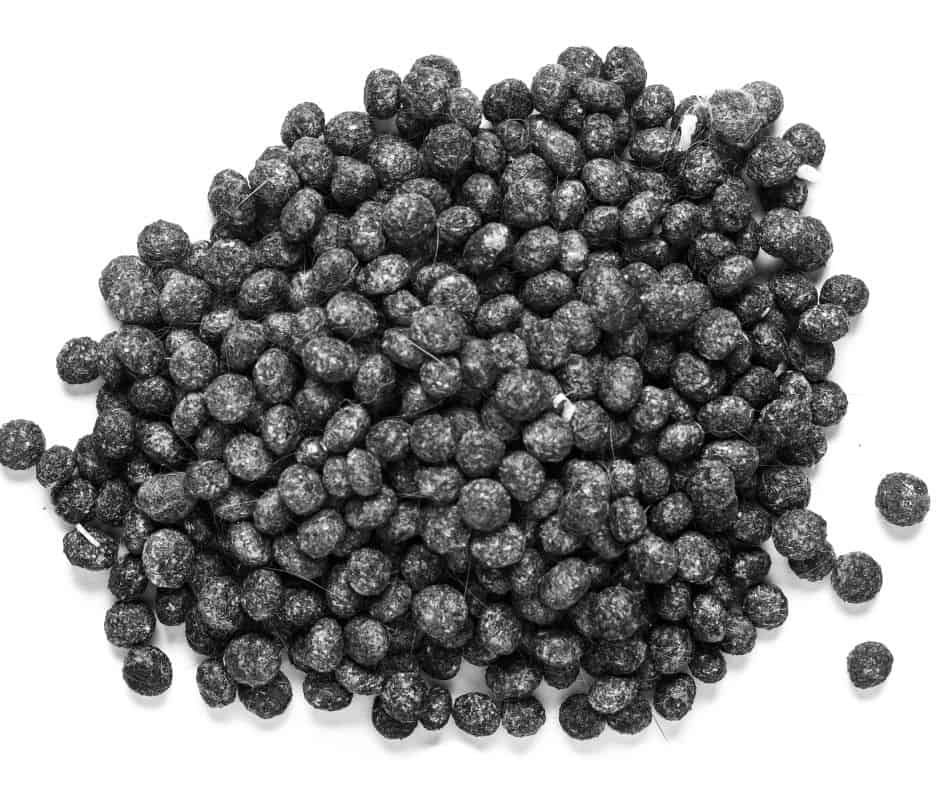
Rabbit poop is a popular choice for gardeners and farmers because it is considered to be one of the best natural fertilizers available. It is high in nitrogen, phosphorus, and potassium, which are the three main nutrients that plants need to grow and thrive.
Rabbit poop is also a great source of micronutrients such as calcium, magnesium, and zinc, which are essential for healthy plant growth. In addition, it contains beneficial bacteria and enzymes that help to break down organic matter in the soil and improve soil structure.
Benefits of Rabbit Poop as Fertilizer
Nutrient Content
Rabbit poop, also known as bunny berries, is an excellent source of organic fertilizer. It is rich in nitrogen, phosphorus, and potassium, which are three essential nutrients required for plant growth. The nitrogen content of rabbit poop is higher than that of cow or horse manure, making it an excellent choice for plants that require a lot of nitrogen, such as leafy greens, corn, and tomatoes.
Improves Soil Structure
Rabbit poop also helps to improve soil structure. It contains a high level of organic matter, which helps to improve soil texture and water retention. When added to soil, rabbit poop helps to create air pockets, which allow roots to grow more easily. Additionally, the organic matter in rabbit poop helps to stimulate the growth of beneficial microorganisms in the soil, which can help to break down organic matter and release nutrients into the soil.
Environmentally Friendly
Using rabbit poop as a fertilizer is also environmentally friendly. Unlike chemical fertilizers, rabbit poop does not contain harmful chemicals that can leach into the soil and water supply. Additionally, rabbit poop is a renewable resource that can be easily composted and reused. Using rabbit poop as a fertilizer helps to reduce waste and promote sustainable gardening practices.
How to Use Rabbit Poop as a Fertilizer
Rabbit poop is a great fertilizer for your garden. It’s high in nitrogen, phosphorus, and potassium, which are essential nutrients for plant growth. Here are a couple of ways to use rabbit poop as fertilizer:
Composting Rabbit Poop
One way to use rabbit poop as fertilizer is to compost it. Composting rabbit poop is easy and can be done in a compost bin or pile. Here are the steps:
- Collect the rabbit poop and place it in a compost bin or pile.
- Add other organic matter, such as leaves, grass clippings, and vegetable scraps.
- Turn the compost pile regularly to ensure that it heats up and breaks down the organic matter.
- After a few months, the compost should be ready to use as fertilizer for your garden.
Direct Application
Another way to use rabbit poop as fertilizer is to apply it directly to your garden. Here are the steps:
- Collect the rabbit poop and allow it to dry out for a few days.
- Spread the rabbit poop evenly over your garden beds.
- Work the rabbit poop into the soil with a garden fork or tiller.
- Water the garden to help the rabbit poop break down and release its nutrients into the soil.
Using rabbit poop as fertilizer is a great way to improve the health and productivity of your garden. Whether you choose to compost it or apply it directly to your garden, rabbit poop is a natural and effective fertilizer that can help your plants grow strong and healthy.
Precautions When Using Rabbit Poop as Fertilizer
While rabbit poop can be an excellent source of nutrients for plants, there are some precautions that should be taken to ensure that it is used safely and effectively as a fertilizer. This section will discuss some of the risks associated with using rabbit poop as fertilizer and how to mitigate them.
Contamination Risks
One of the main risks associated with using rabbit poop as fertilizer is the potential for contamination with harmful pathogens. Rabbits can carry a variety of diseases, including E. coli, salmonella, and listeria, which can be transmitted through their feces. If these pathogens are present in the rabbit poop, they can contaminate the soil and potentially infect humans or other animals.
To minimize the risk of contamination, it is important to handle rabbit poop carefully and use it only on non-edible plants. When collecting rabbit poop, wear gloves and avoid touching your face or mouth. It is also a good idea to wash your hands thoroughly after handling rabbit poop. Additionally, it is recommended to compost rabbit poop for at least six months before using it as fertilizer, as this can help to kill off any harmful pathogens.
Odor Control
Another potential issue with using rabbit poop as fertilizer is the strong odor it can produce. Rabbit poop contains high levels of ammonia, which can be unpleasant and even harmful if inhaled in large quantities. To minimize the odor, it is recommended to mix the rabbit poop with other organic matter, such as leaves or straw, before using it as fertilizer. This can help to dilute the ammonia and reduce the odor.
Another option is to use a commercial odor control product, which can help to neutralize the ammonia and other odors associated with rabbit poop. These products are generally safe to use and can be found at most garden supply stores.
FAQ
Here are some frequently asked questions about using rabbit poop as fertilizer:
Q: Is rabbit poop safe to use as fertilizer?
A: Yes, rabbit poop is safe to use as fertilizer. It is a natural and organic source of nutrients and minerals that can benefit plants and soil health.
Q: How do I use rabbit poop as fertilizer?
A: Rabbit poop can be used in a few different ways. One option is to add it directly to the soil around plants, using about 1/4 to 1/2 cup per plant. Another option is to mix it into compost or other organic matter before adding it to the soil. Rabbit poop can also be used to make a tea or liquid fertilizer by steeping it in water for several days and then straining the liquid before using it to water plants.
Q: Will using rabbit poop as fertilizer attract more rabbits to my garden?
A: It is possible that using rabbit poop as fertilizer could attract more rabbits to your garden, as they may be attracted to the smell. However, this is not guaranteed and there are ways to deter rabbits from your garden if this becomes a problem.
Q: Can I use rabbit poop on all types of plants?
A: Rabbit poop can be used on most types of plants, but it is important to use it in moderation and not apply too much at once. Some plants may be more sensitive to the high nitrogen content in rabbit poop, so it is best to start with a small amount and see how the plants respond before adding more.
Conclusion
After considering the benefits and drawbacks of using rabbit poop as a fertilizer, it can be concluded that it is a good option for certain types of plants and gardens.
Rabbit poop is high in nitrogen, phosphorus, and potassium, which are essential nutrients for plant growth. It also contains beneficial microorganisms that can help improve soil health and fertility. Additionally, rabbit poop is readily available and easy to obtain for those who raise rabbits as pets or livestock.
However, it is important to note that rabbit poop should be composted before use to avoid burning plants and eliminate any potential pathogens. It may also be necessary to dilute the fertilizer with water or mix it with other organic materials to avoid over-fertilization and nutrient imbalances.
Overall, if used properly, rabbit poop can be a valuable and sustainable fertilizer option for gardeners and farmers.
